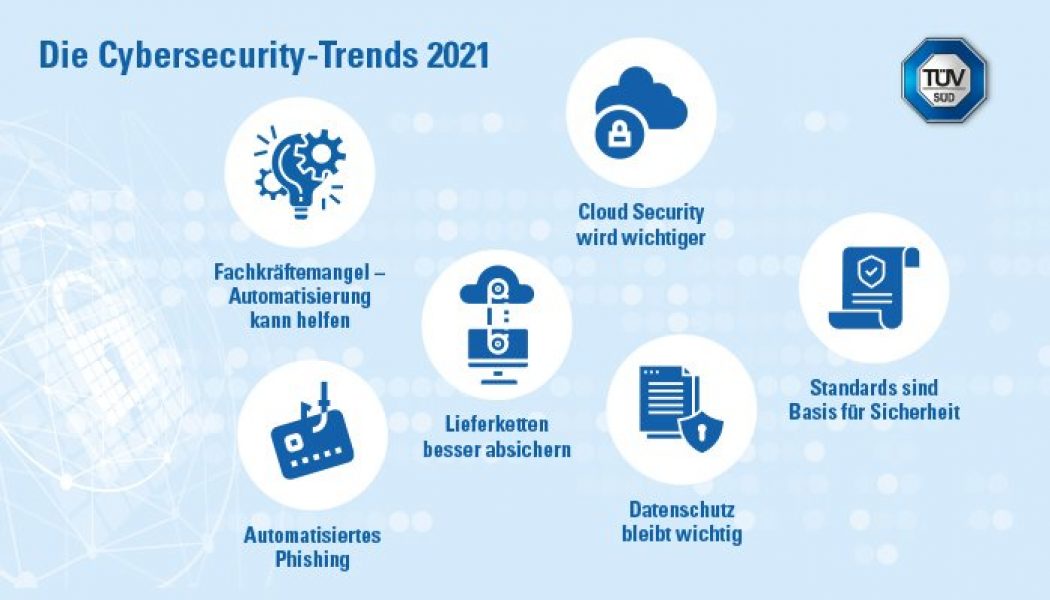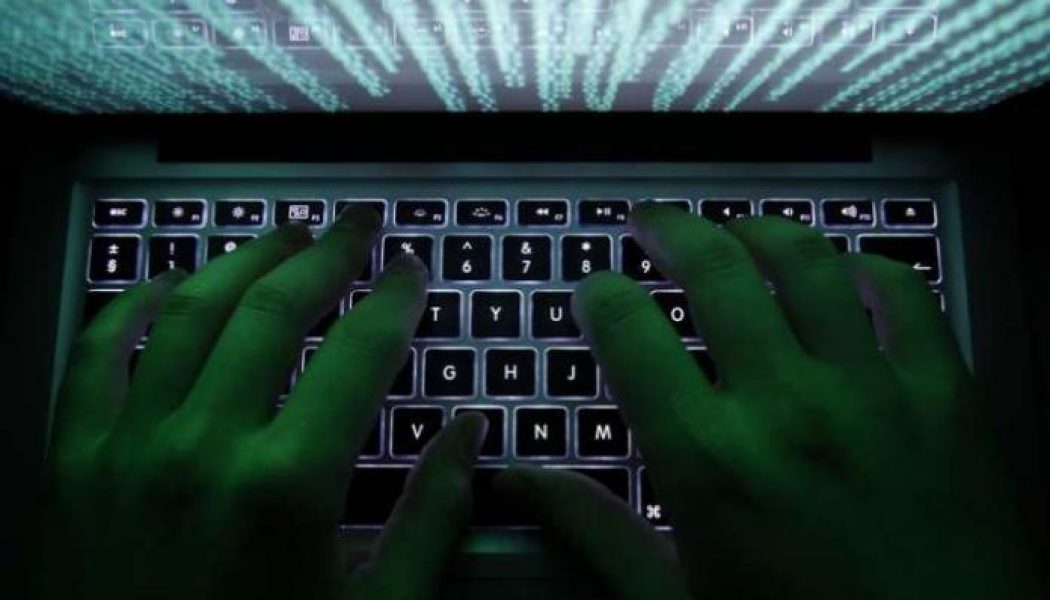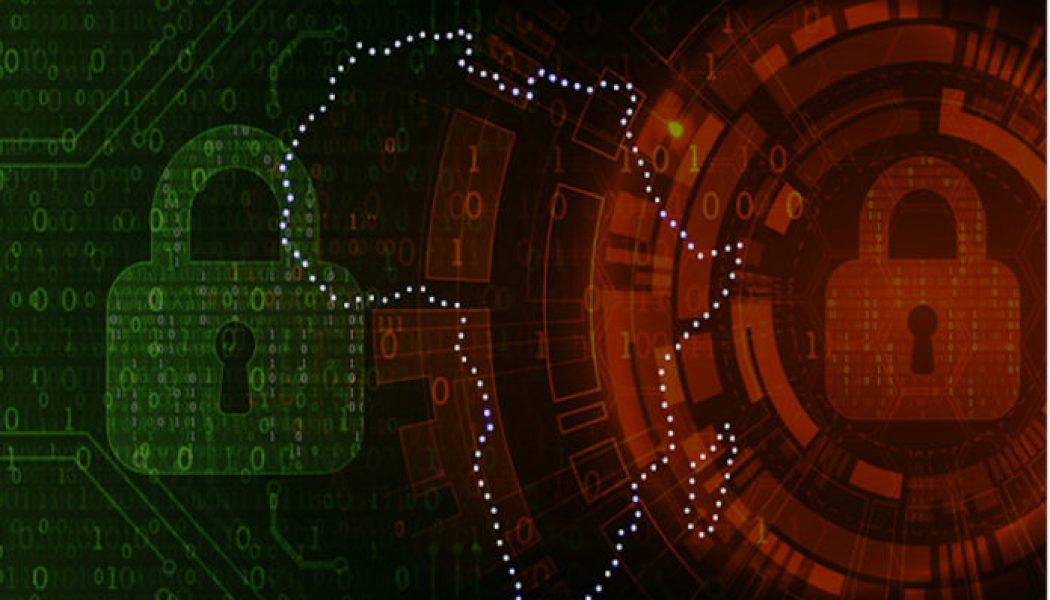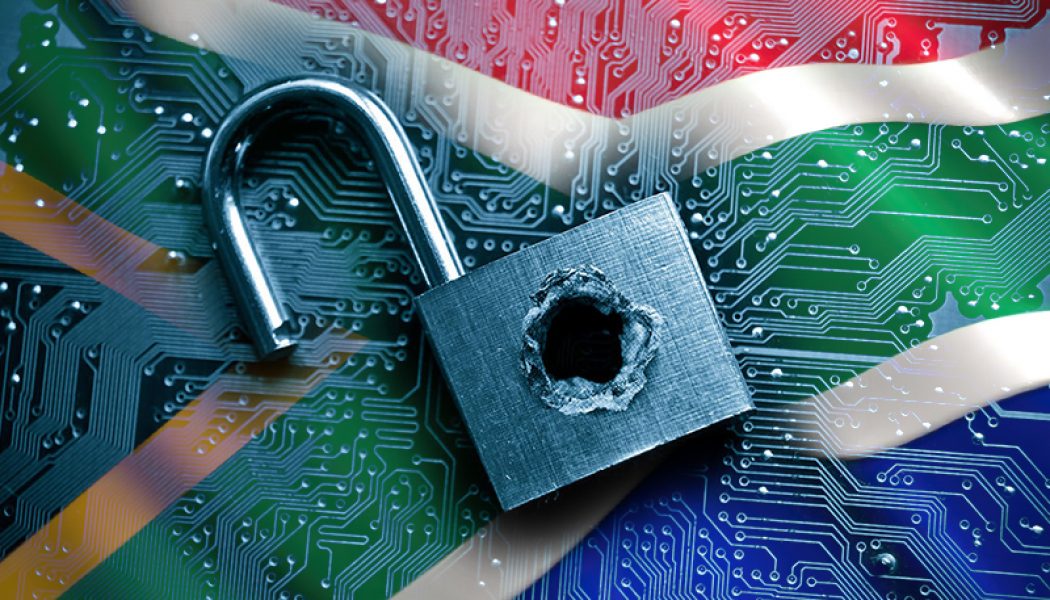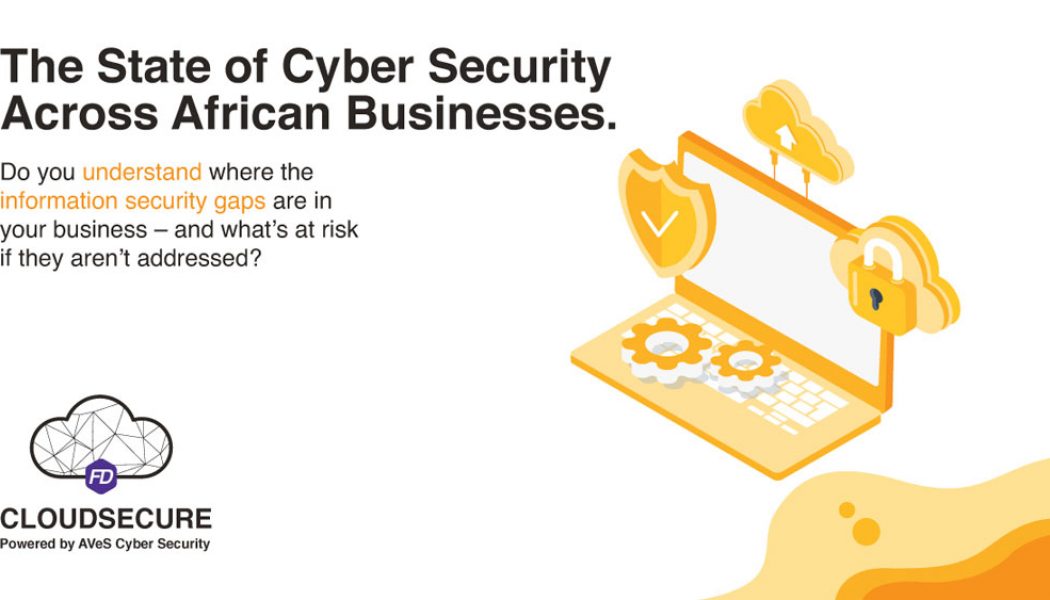cybersecurity
Cybersecurity will Remain a Priority Despite Reduced IT Budgets, Research Shows
Cybersecurity remains a priority for investment among businesses, according to a Kaspersky report. Its share of IT spending has grown from 23% in 2019 to 26% in 2020 for SMBs, and from 26% to 29% for enterprises. 71% of organisations also expect their cybersecurity budget to grow further in the next three years. This is despite overall IT budgets decreasing in both segments amid the COVID-19 pandemic, and cybersecurity cuts affecting the most economically hit SMBs. External conditions and events can influence IT priorities for businesses. As a result of the COVID-19 lockdown, organisations have had to adjust plans to meet changing business needs – from emergency digitalisation to cost optimisation. The Kaspersky report, based on a survey of more than 5,000 IT and cybersecurity practitioner...
CIBN urges banks to strengthen cyber-security
The Chartered Institute of Bankers of Nigeria (CIBN) has urged the banks to strengthen their cyber-security architecture in order to prevent attacks by fraudsters. President/Chairman of Council of the institute, Mr. Bayo Olugbemi, made the call while delivering his remarks at the 2020 CIBN Fellowship Investiture in Lagos, at the weekend. The CIBN at its investiture formally conferred its honorary fellowship awards on 19 distinguished bankers in recognition of their contributions to the banking industry and the economy; 77 associates as elected Fellows while 105 senior management staff of banks and the academia became Honorary Senior Members of the institute at the event with the theme: ‘Financial Services in a post COVID 19 Environment: Strategic Imperative’. Some that were conferred with ...
How to Avoid Digital Fraud Over the Festive Season
With the festive season being synonymous with more transactions, especially as people typically have more money at this time of year, the greater the probability there is of fraud occurring. In fact, according to PwC’s Global Economic Crime and Fraud Survey 2020, South Africa has the third-most incidents of economic crime in the world behind India and China. “This festive season, I believe that there will be an uptick in fraud unless South African consumers and businesses are more security conscious,” says Nicho Bouma, CIO at Pay@. “More people have been forced to enter the digital space this year, due to the COVID-19 crisis. With many being new to the digital experience, they can easily fall prey to schemesters.” To prevent consumers from becoming victims of cybercrime, he urges them to o...
Is Africa a Goldmine of Cybersecurity Opportunities?
Sourced from IDG Connect Africa presents a wealth of opportunities for startups and innovators looking to address cybersecurity risk across the increasingly digitised continent – according to Anna Collard, SVP of Content Strategy & Evangelist for KnowBe4 Africa. Collard goes on to say that cybersecurity presents an incredible market opportunity in Africa, with the number of Internet users soaring and demand for IT security skills growing rapidly. “Security skills and services are in high demand everywhere. The number of African Internet users will double to one billion by 2022, and global cybersecurity spend will top $170.4 billion in 2022. At the same time, cybercrime is estimated to cost the global economy a total of $6 trillion by next year, and cybercriminals’ interest in Africa is...
Internet of threats – cybersecurity measures in the IoT landscape
Internet of Things (IoT) refers to any object or device that is connected to the Internet. This rapidly expanding set of “things” – which capture, send and receive data – includes cars, appliances, smartwatches, lighting, home assistants, home security, and more. It’s predicted that by 2025, there will be 41.6 billion units of IoT connected devices worldwide. Internet-connected devices can make us more efficient, save time and money, and allow us connectivity from almost anywhere, but they also require that we share more information than ever. The security of this information, and the security of these devices, is not always guaranteed. Once a device connects to the Internet, it could be connecting to all sorts of risks. As the number of connected devices increases, especially as more peop...
The State of Cybersecurity in Africa
Sourced from IDG Connect Modern technologies require a certain level of skills when it comes to accessing information. While most countries have strict laws about internet security, countries all across Africa are falling behind the rest of the world. The digital era has brought many new forms of communication. Sadly, some use technology to steal information and compromise entire state governments. Africa is currently one of the fastest developing areas globally, and it’s estimated that over 1 billion Africans will have internet access by the end of 2022. That puts many people in danger as cybersecurity laws are still waiting for confirmation across the continent. Let’s take a look at the current state of things in Africa. Trends in Cybercrime Many countries in Africa face enormous challen...






